Related Research Articles

James Lind was a Scottish physician. He was a pioneer of naval hygiene in the Royal Navy. By conducting one of the first ever clinical trials, he developed the theory that citrus fruits cured scurvy.
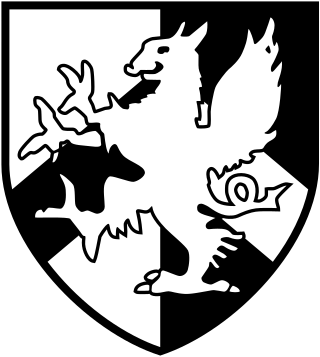
Barts and The London School of Medicine and Dentistry, commonly known as Barts or BL, is a medical and dental school in London, England. The school is part of Queen Mary University of London, a constituent college of the federal University of London, and the United Hospitals. It was formed in 1995 by the merger of the London Hospital Medical College and the Medical College of St Bartholomew's Hospital.

Amantadine, sold under the brand name Gocovri among others, is a medication used to treat dyskinesia associated with parkinsonism and influenza caused by type A influenzavirus, though its use for the latter is no longer recommended because of widespread drug resistance. It acts as a nicotinic antagonist, dopamine agonist, and noncompetitive NMDA antagonist. The antiviral mechanism of action is antagonism of the influenzavirus A M2 proton channel, which prevents endosomal escape.

The Royal College of Surgeons of Edinburgh (RCSEd) is a professional organisation of surgeons. The RCSEd has five faculties, covering a broad spectrum of surgical, dental, and other medical and healthcare specialities. Its main campus is located on Nicolson Street, Edinburgh, centred around the 18th century Surgeons' Hall. The campus includes Surgeons' Hall Museums, a medical and surgical library, a skills laboratory, a symposium hall, administrative offices and a hotel. A second UK office was opened in Birmingham in 2014 and an international office opened in Kuala Lumpur, Malaysia, in 2018.
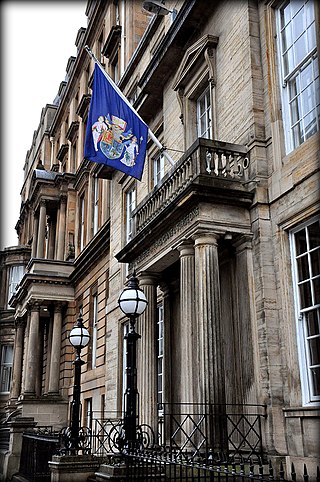
The Royal College of Physicians and Surgeons of Glasgow is an institute of physicians and surgeons in Glasgow, Scotland.
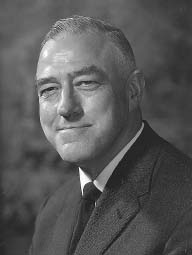
Sir Michael Francis Addison Woodruff, was an English surgeon and scientist principally remembered for his research into organ transplantation. Though born in London, Woodruff spent his youth in Australia, where he earned degrees in electrical engineering and medicine. Having completed his studies shortly after the outbreak of World War II, he joined the Australian Army Medical Corps, but was soon captured by Japanese forces and imprisoned in the Changi Prison Camp. While there, he devised an ingenious method of extracting nutrients from agricultural wastes to prevent malnutrition among his fellow POWs.
In the management of Parkinson's disease, due to the chronic nature of Parkinson's disease (PD), a broad-based program is needed that includes patient and family education, support-group services, general wellness maintenance, exercise, and nutrition. At present, no cure for the disease is known, but medications or surgery can provide relief from the symptoms.
The unified Parkinson's disease rating scale (UPDRS) is used to follow the longitudinal course of Parkinson's disease. The UPD rating scale is the most commonly used scale in the clinical study of Parkinson's disease.

Surgeons' Hall in Edinburgh, Scotland, is the headquarters of the Royal College of Surgeons of Edinburgh (RCSEd). It houses the Surgeons' Hall Museum, and the library and archive of the RCSEd. The present Surgeons' Hall was designed by William Henry Playfair and completed in 1832, and is a category A listed building.
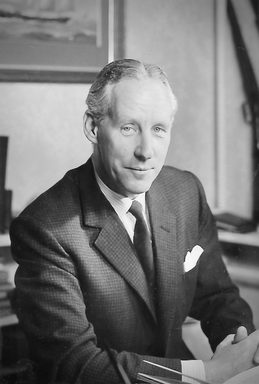
Francis John Gillingham was a British neurosurgeon.

Parkinson's disease (PD), or simply Parkinson's, is a long-term neurodegenerative disease of mainly the central nervous system that affects both the motor system and non-motor systems. The symptoms usually emerge slowly, and as the disease progresses, non-motor symptoms become more common. Usual symptoms are tremor, slowness of movement, rigidity, and difficulty with balance, collectively known as parkinsonism. Parkinson's disease dementia, falls and neuropsychiatric problems such as sleep abnormalities, psychosis, mood swings, or behavioral changes may arise in advanced stages.

Sir James Clark, 1st Baronet, KCB was a Scottish physician who was Physician-in-Ordinary to Queen Victoria between 1837 and 1860, and was previously physician to poet John Keats in Rome.

Jose Chacko Periappuram is an Indian cardiac surgeon and medical writer who performed the first successful heart transplant in the state of Kerala, India, as well as the first successful heart retransplant in the country. His other achievements include the first beating heart, awake bypass and total arterial revascularization surgeries in the state. Periappuram is a fellow of the Royal College of Surgeons of Edinburgh, the Royal College of Surgeons of Glasgow and the Royal College of Surgeons of London. He is the founder and chairman of "Heart Care Foundation", a charitable trust that financially assists poor heart patients. The Government of India awarded him the Padma Shri, the fourth highest civilian award, in 2011.
Sir Peter John Morris, AC, FRS, FMedSci, FRCP, FRCS was an Australian surgeon and Nuffield professor of surgery at the University of Oxford. Morris was President of the Royal College of Surgeons of England, founder of the Oxford Transplant Centre and director of the Centre for Evidence in Transplantation at the Royal College of Surgeons of England.

Roger Sinclair Kirby FRCS(Urol), FEBU is a British retired prostate surgeon and professor of urology, researcher, writer on men's health and prostate disease, founding editor of the journal Prostate Cancer and Prostatic Diseases and Trends in Urology and Men's Health and a fundraiser for prostate disease charities, best known for his use of the da Vinci surgical robot for laparoscopic prostatectomy in the treatment of prostate cancer. He is a co-founder and president of the charity The Urology Foundation (TUF), vice-president of the charity Prostate Cancer UK, trustee of the King Edward VII's Hospital and as of 2020 is president of the Royal Society of Medicine (RSM), London.
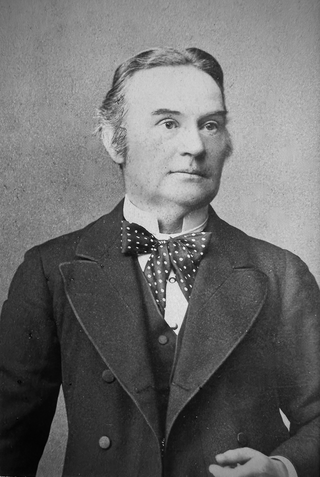
Thomas Annandale, FRCS FRSE (1838–1907) was a Scottish surgeon who conducted the first repair of the meniscus and the first successful removal of an acoustic neuroma, and introduced the pre-peritoneal approach to inguinal hernia repair. He served as Regius Professor of Clinical Surgery at the University of Edinburgh. His collection of anatomical specimens was donated to the Surgeon's Hall in Edinburgh and is now known as the Thomas Annandale Collection.

Sir Byrom BramwellFRSEFRCPE was a British physician and medical author. He was a general physician, but became known for his work in neurology, diseases of the heart and blood, and disorders of the endocrine organs. He was president of the Royal College of Physicians of Edinburgh.
Natesan Rangabashyam (1936–2013), popularly known NR, was an Indian surgical gastroenterologist and medical academic, known for his pioneering efforts in the fields of surgical gastroenterology and proctology in India. He was known to have established the department of Surgical Gastroenterology at Madras Medical College and introduced the first MCh course in Surgical Gastroenterology in India. A former honorary surgeon to the President of India, he received B. C. Roy Award, the highest Indian award in the medical category, twice. The Government of India awarded him the third highest civilian honour of the Padma Bhushan, in 2002, for his contributions to medical science.

Ian Aird was a Scottish surgeon who became Professor of Surgery at the Royal Postgraduate Medical School in London. There he built up a large and productive research department which made particular contributions in cardiac surgery, renal transplantation and the association of blood groups with stomach cancer. He came to national and international prominence in 1953 when he led the teams which performed an operation to separate conjoined twins. His book A Companion in Surgical Studies was among the best selling surgical textbooks of its day. He died suddenly in 1962 at the age of 57.

Sir Donald Macleod Douglas, was a Scottish academic surgeon. His schooling and medical undergraduate education were at St Andrews following which he embarked at an early stage on an academic career, winning a scholarship to pursue research at the Mayo Clinic, Minnesota.
References
- ↑ Schwab, R.S.; England, A.C. (1968-05-20). Projection techniques for evaluating surgery in Parkinson's Disease. Third Symposium on Parkinson's Disease, Royal College of Surgeons in Edinburgh. E. & S. Livingstone Ltd. (1969).
- 1 2 3 "SCHWAB AND ENGLAND ACTIVITIES OF DAILY LIVING SCALE". www.parkinsons.va.gov. Retrieved 2019-05-16.